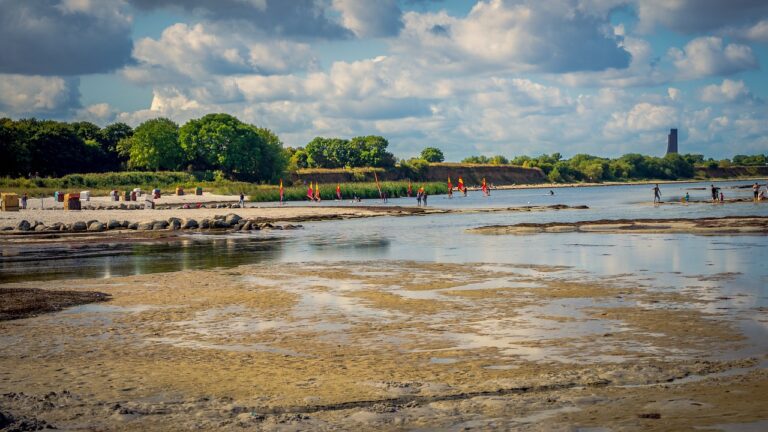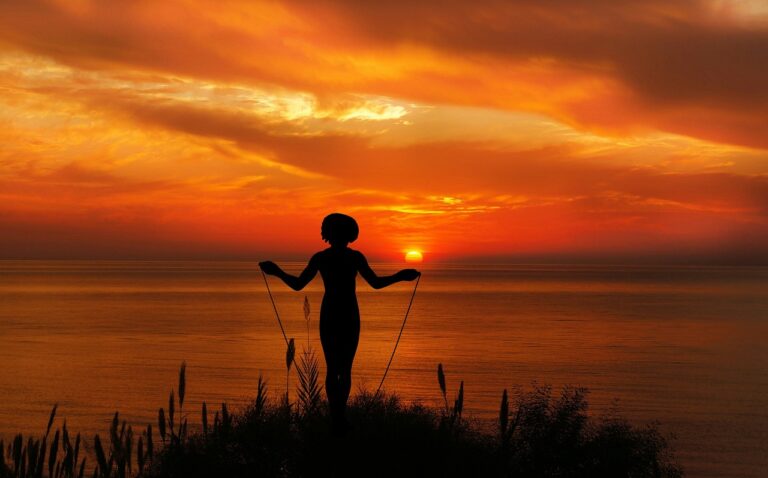Mastering the Art of Landscape Photography: Tips from Experts: Sky247 sign up, Diamondexch9.com login, Tigerexch vip
sky247 sign up, diamondexch9.com login, tigerexch vip: Mastering the Art of Landscape Photography: Tips from Experts
Landscape photography is a beautiful and rewarding art form that captures the essence of nature in a single frame. Whether you’re a beginner or a seasoned pro, there’s always room for improvement when it comes to capturing the perfect landscape shot. In this article, we’ll share tips from experts in the field to help you take your landscape photography skills to the next level.
1. Invest in quality gear
One of the most important aspects of landscape photography is having the right gear. While you don’t need to break the bank to get started, investing in a good camera and lenses can make a world of difference in the quality of your photos. Look for a camera with a high resolution and a wide dynamic range, as well as lenses that are suitable for capturing wide-angle shots.
2. Use a tripod
A tripod is essential for landscape photography, as it helps you stabilize your camera and ensures sharp, clear images. When shooting landscapes, you often need to use a slow shutter speed to capture the beauty of nature, and a tripod will help prevent camera shake and blurriness in your photos.
3. Pay attention to composition
Composition is key in landscape photography. Pay attention to elements such as leading lines, symmetry, and the rule of thirds to create visually appealing images. Experiment with different angles and perspectives to find the best composition for your shot.
4. Shoot during the golden hour
The golden hour, which occurs shortly after sunrise and before sunset, is the best time to capture stunning landscape photos. The soft, warm light during this time of day creates a magical atmosphere and enhances the colors in your photos. Make sure to plan your shoots accordingly to take advantage of the golden hour.
5. Experiment with long exposures
Long exposure photography is a popular technique in landscape photography that can create stunning effects. Experiment with long exposures to capture the movement of water, clouds, or other elements in your landscape photos. Use a neutral density filter to reduce the amount of light entering your camera and achieve longer exposure times.
6. Explore different locations
Don’t be afraid to explore different locations and travel to new places to capture unique landscapes. Whether you’re shooting in your backyard or traveling to a distant destination, there are endless opportunities to capture the beauty of nature in your photos. Take the time to scout locations and find hidden gems that will make your photos stand out.
7. Post-process your photos
Post-processing is an important step in landscape photography that can help enhance the colors, contrast, and sharpness of your photos. Use editing software such as Adobe Lightroom or Photoshop to fine-tune your images and bring out the beauty of the landscape. Experiment with different editing techniques to find your unique style.
8. Be patient and persistent
Landscape photography requires patience and persistence. Nature doesn’t always cooperate, and you may need to wait for the perfect lighting or weather conditions to capture your ideal shot. Don’t get discouraged if your photos don’t turn out as expected keep shooting, experimenting, and learning from your mistakes.
FAQs
Q: What camera gear is essential for landscape photography?
A: Essential camera gear for landscape photography includes a good camera with a high resolution, wide-angle lenses, a tripod, and a remote shutter release.
Q: How can I improve my composition skills in landscape photography?
A: To improve your composition skills, focus on elements such as leading lines, symmetry, the rule of thirds, and color contrast. Experiment with different angles and perspectives to find the best composition for your shot.
Q: What is the golden hour, and why is it important in landscape photography?
A: The golden hour is the period shortly after sunrise and before sunset when the light is soft, warm, and creates a magical atmosphere. It is important in landscape photography because it enhances the colors and mood of your photos.
In conclusion, mastering the art of landscape photography takes practice, patience, and a keen eye for detail. By following these tips from experts in the field, you can enhance your skills and capture stunning landscape photos that showcase the beauty of nature. Remember to invest in quality gear, pay attention to composition, shoot during the golden hour, experiment with different techniques, and most importantly, have fun capturing the beauty of the world around you.







